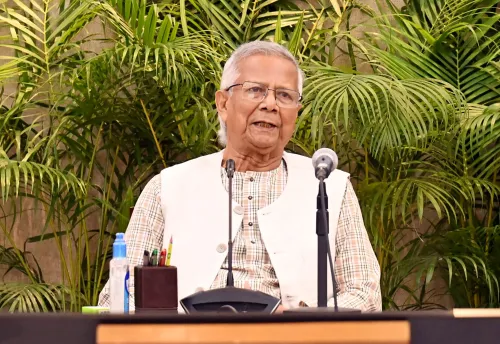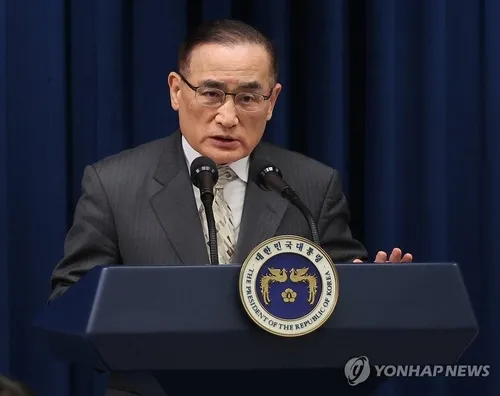Austrian Foreign Minister Assumes Role as Interim Chancellor, Reports Indicate

Vienna, Jan 8 (NationPress) Austrian Foreign Minister Alexander Schallenberg will take on the role of the country's interim Chancellor following Karl Nehammer's recent resignation from the position, according to reports from Austrian news agency APA on Wednesday.
Schallenberg will be at the helm of the caretaker government after Nehammer's formal resignation on Friday, until a new government is established, as stated by the office of Austrian President Alexander van der Bellen.
Schallenberg, aged 55, has held the position of Austria's foreign minister since 2019.
On Monday, Van der Bellen assigned Herbert Kickl, the leader of the far-right Freedom Party, with the task of forming a new government following the recent collapse of coalition talks that excluded the far-right party.
This decision by Van der Bellen came after a one-hour discussion with Kickl around noon on January 6. During a press conference, the president remarked that the political dynamics had changed, as the People's Party was now prepared to negotiate a coalition under Kickl's guidance.
Kickl expressed optimism about discovering practical solutions and demonstrated his readiness to assume responsibility, as Van der Bellen was quoted by APA.
The Freedom Party has previously participated as a junior coalition partner but has never taken on the role of leading an Austrian government.
This latest action by the Austrian president follows the breakdown of three-party coalition discussions involving the People's Party, the Social Democratic Party, and the NEOS party. Efforts for subsequent two-party talks also faltered after the NEOS withdrew.
In the parliamentary election held in September, the Freedom Party garnered approximately 29 percent of the votes, surpassing the People's Party, which received 26.3 percent, and the Social Democratic Party, which obtained 21.1 percent. Despite securing the parliamentary presidency, the Freedom Party struggled to find coalition partners to establish a government.
In October, Van der Bellen had tasked the People's Party with forming a government. However, the coalition discussions led by the party extended from mid-November until their abrupt collapse, as reported by Xinhua news agency.
Karl Nehammer resigned as Chancellor and leader of the People's Party following the failure of negotiations. He had consistently opposed forming a coalition with the Freedom Party under Kickl.
In the aftermath, the People's Party appointed Secretary-General Christian Stocker as interim leader. Despite being a vocal critic of Kickl, Stocker stated that his party was open to coalition discussions with the Freedom Party.
Stocker defended this shift, emphasizing the necessity for a stable government and the importance of avoiding delays due to election campaigns.










